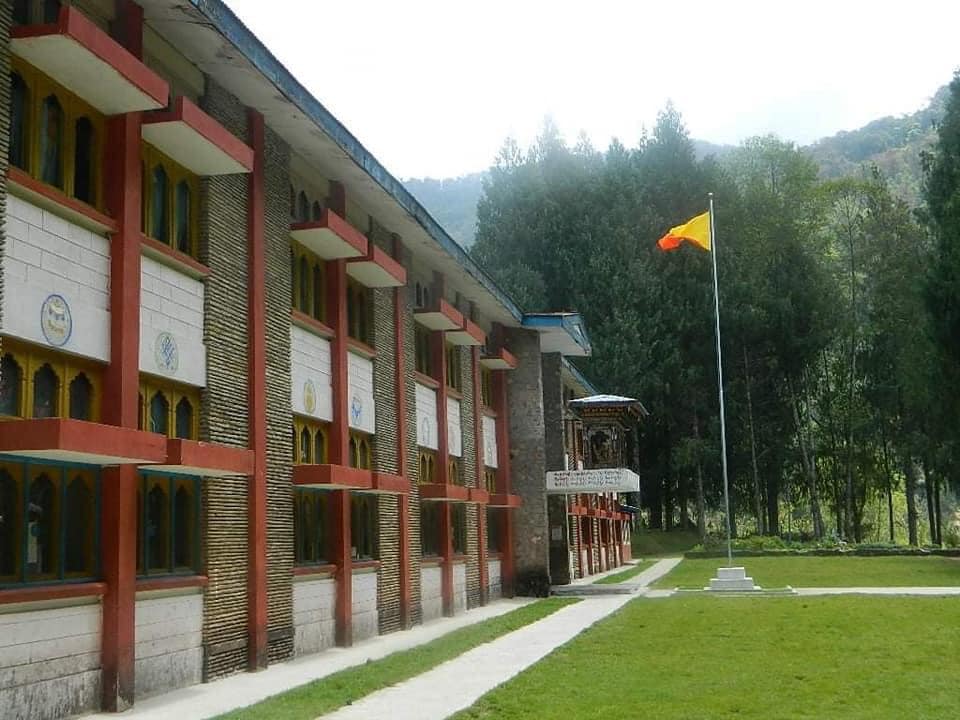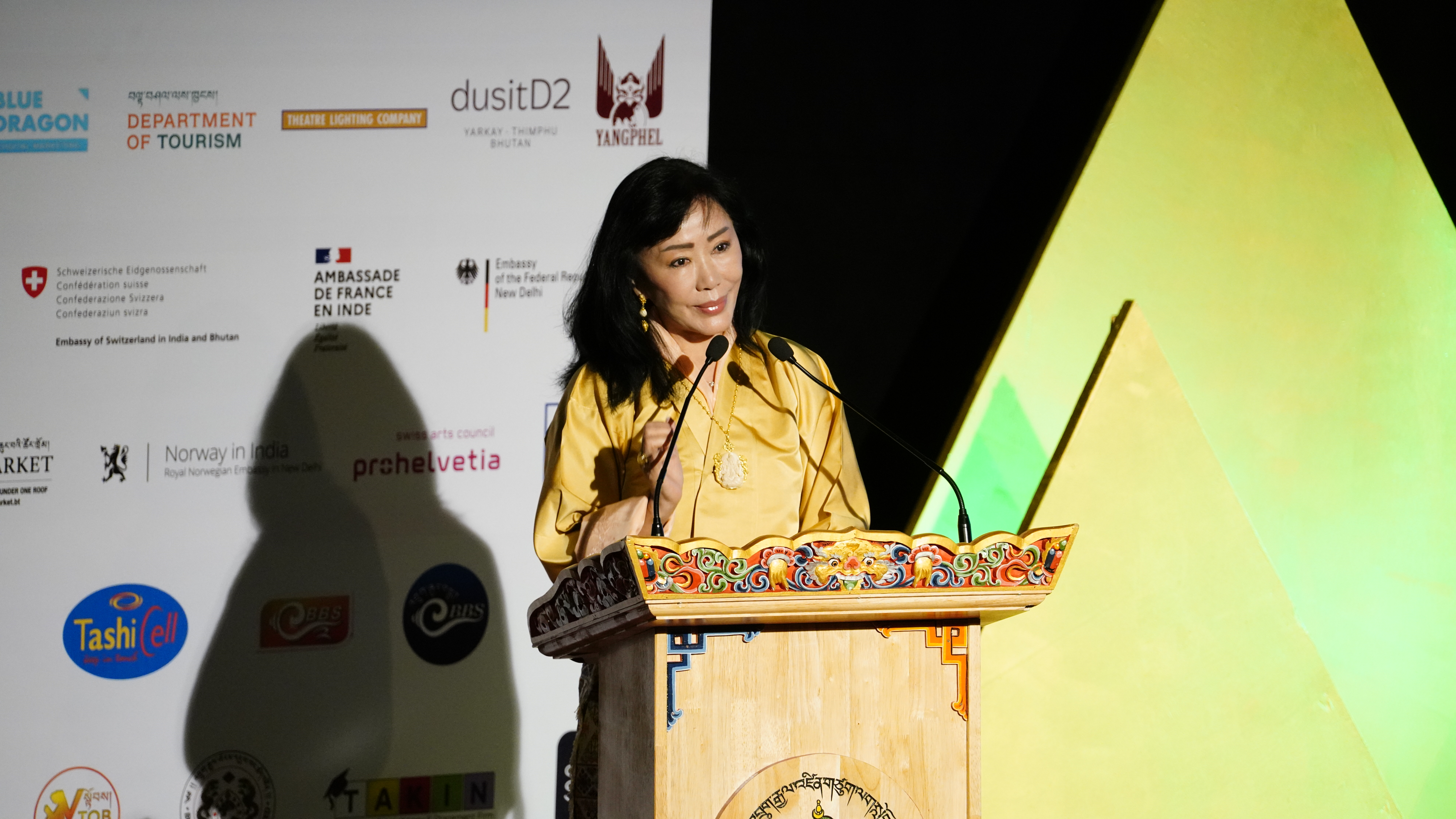A report released by National Statistics Bureau reveals
A first of its kind study on understanding the situation of elderly citizens in Bhutan released by the National Statistics Bureau (NSB) revealed that 17.83% of the respondents had suffered verbal abuse, followed by 16.67% of economic abuse.
Neglect was suffered by 12.5% of the respondents while 12.4% and 5.43% suffered emotional and physical abuse respectively.
61.29% of the respondents reported having supportive children, while 41.94% reported being neglected by children whereas, 9.68% and 6.45% reported having supportive community and relatives respectively.
A total of 42 elderly people of age 60 and above from eight Dzongkhags were interviewed in February and March this year. The eight Dzongkhags were Chukha, Punakha, Thimphu, Samtse, Sarpang, Zhemgang, Tsirang and Samdrup Jongkhar.
United Nations defines older people as those who are above 60 years of age. Even in Bhutan, age 60 and above is described as ‘older’ but for health data analysis, age 65 and above is considered elderly.
However, Article 20 of the Bhutan Civil Service Rules (BCSR) 2012 prescribes different retirement age for civil servants in different levels. The BCSR has fixed retirement age for those in grade three and above to 60 years, whereas for those in grades four and eight, the retirement age is fixed at 58 and those in grades nine and below at 56 years.
The number of elderly people of age 60 years and above in 2005 was 44,319, which is 6.98% of the total population. However, the elderly population is projected to increase to 58,804 or 7.54% of the total population. On the other hand, elderly people of age 80 and above make up to 0.86% of the total population.
The report states that elderly people who were known to be facing multiple problems were selected for the in-depth interviews to ascertain the views and experiences of elderly people and to get a better understanding of the situation of elderly people in the country.
The majority of the elderly for this study belonged to age group 70-79 with slightly more males than females. About 40% of the elderly participants were widowed, 40% had their spouses surviving while 7% each was divorced or never married.
The report revealed that some kind of abuse the elderly face were verbal, emotional, economic, physical and neglect during the past 12 months preceding the survey though majority of the respondents reported to have not experienced any kind of abuse.
“In Bhutan, social protection for elderly citizens is largely the responsibility of family and community. The traditional old-age care and support system based on filial piety – a virtue of respect for ones’ parents, elders and ancestors. This informal care and support system rests on the principles of hierarchy, obligation, obedience, and commitment (tha dhamtshi). The traditional joint family system ensure the continuity of the family and contributes towards the maintenance of family solidarity,” states the report.
However, elderly citizens being abandoned, neglected, and even abused by their children are becoming conspicuous.
The reports states “the rising old age dependency ratio and the decline in informal old age care and support system is an emerging national policy concern.” With the country’s population set to the process of ageing, it was deemed crucial to understand the changes happening in the lives of elderly citizens to address the problems of elderly people or to face the social and economic consequences of the ageing population in future, states the report.
“A study of this nature is expected to provide an understanding of the predicaments that some of our elderly people face and advocate for policy response and the study also is expected to provide baseline information or groundwork for more specific and rigorous future research or provoke positive debate among public on various social issues emerging among older populace,” the report states.
According to the report, some of the limitations of this study were that many of the respondents had hearing and speaking problems. The respondents were not able to express as much as they wished to. Another limitation was that since the sample was small, it remains a concern whether it could be generalized at the national level.
Lucky Wangmo from Thimphu














